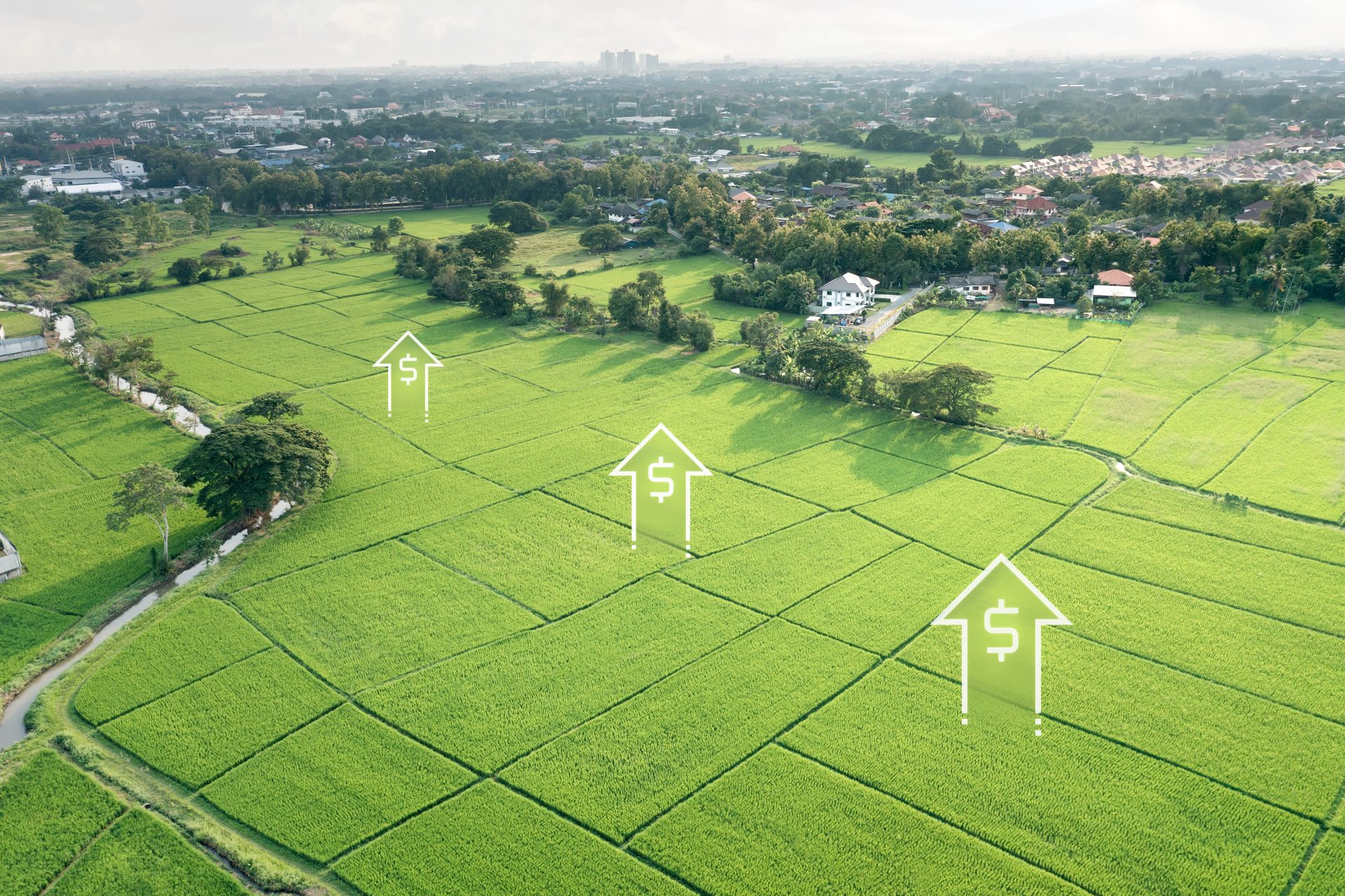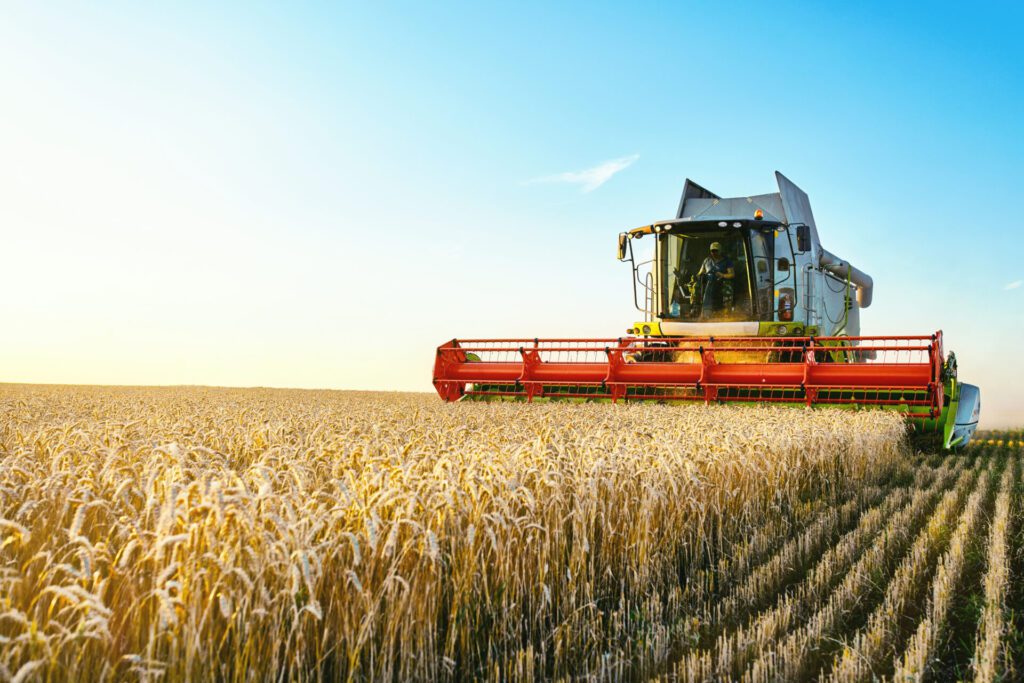Agricultural appraisals are critical in the world of farming and land management. If you want to buy land, assess your property, or get farm appraisals, it’s important to understand agricultural appraisals. This guide explains their importance, methods, types, and when they are needed. As experts in the field, Property DNA Group is here to guide you through every step.
What Does It Mean to Appraise Land?
Appraising land involves evaluating a piece of property to determine its market value. This process is crucial for various transactions, including buying and selling land, property development, and obtaining financing. Land appraisers consider several factors such as location, size, usability, and zoning regulations.
What Appraisal Method is Used for Land?

There are several methods used for land appraisal, each with its unique approach:
- Sales Comparison Approach: This method compares the subject land to similar properties that have recently been sold, adjusting for differences to estimate the land’s value.
- Income Approach: Often used for commercial appraisals, this method calculates the land’s value based on the income it generates or could potentially generate.
- Cost Approach: This method estimates the land’s value based on the cost of replacing or reproducing its improvements, minus depreciation.
What are the Types of Appraisals?
Understanding different types of appraisals is essential, especially when dealing with diverse property types:
- Agricultural Appraisal: Focuses on farms, ranches, and agricultural land, considering aspects like soil quality, water rights, and agricultural potential.
- Land Appraisal: Involves evaluating undeveloped piece of land, considering factors like location, zoning, and potential for development.
- Farm Appraisal: Focuses on farm properties, assessing their value based on factors like location, size, and income potential.
What is the Best Appraisal Method?
The best appraisal method depends on the property type and the purpose of the appraisal. For instance when buying Land in Alberta, the sales comparison approach is often preferred due to the availability of market data. Whereas farm appraisals may benefit from a combination of approaches, considering both the land’s market value and its agricultural potential.
What is the Process of an Agricultural Appraisal?

The process of an agricultural appraisal typically involves several key steps:
- Initial Consultation: Understanding the client’s needs and the property’s characteristics.
- Research and Data Collection: Gathering relevant data on the property and comparable sales or income data.
- Analysis: Assessing the data to determine the property’s value.
- Report Preparation: Compiling the findings into a comprehensive appraisal report.
When Do You Need an Agricultural Appraisal?
An agricultural appraisal is necessary in various scenarios, such as:
- Buying or Selling Agricultural Land: To ensure a fair transaction based on the property’s true value.
- Estate Planning and Settlement: For accurate valuation of agricultural assets.
- Loan Collateral: When using agricultural land as collateral for a loan.
- Tax Assessment Appeals: To challenge assessed values for property tax purposes.
Conclusion
Understanding the intricacies of agricultural appraisals is crucial for anyone involved in buying, selling, or managing land. At Property DNA Group, we specialize in providing expert appraisals for all types of properties, including agricultural lands, ensuring that you receive accurate and reliable valuations for your specific needs.
Remember, the right appraisal can make a significant difference in your land-related decisions. Trust the experts, and ensure you’re well-informed every step of the way. Let us help you make informed decisions with our expert appraisal services.






